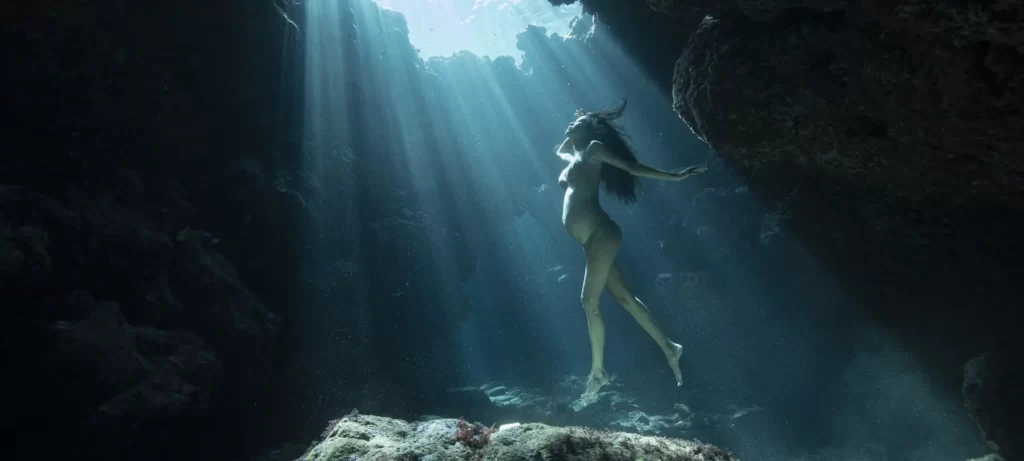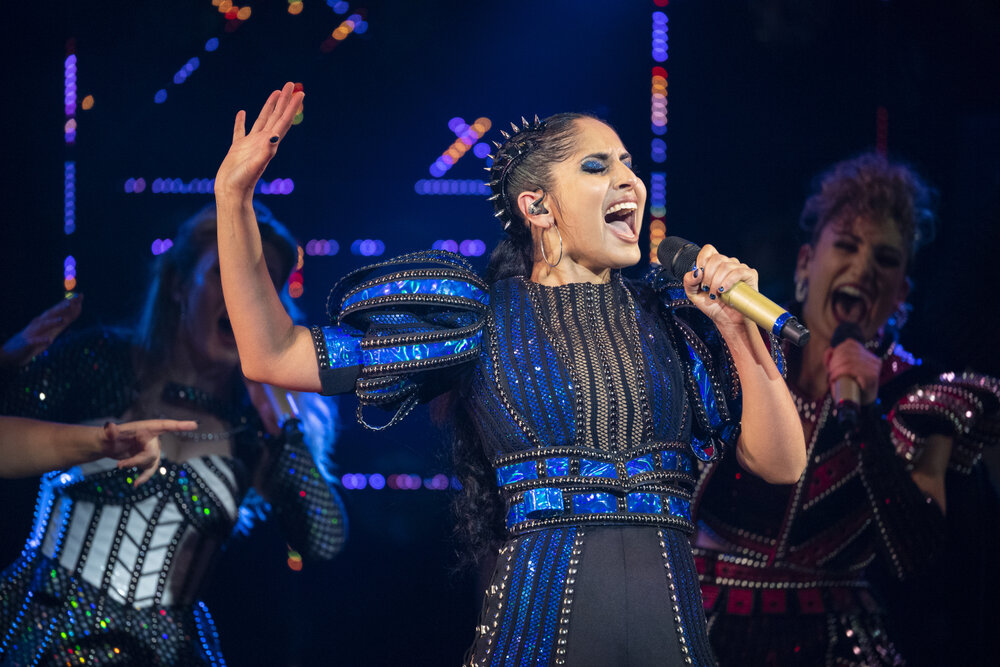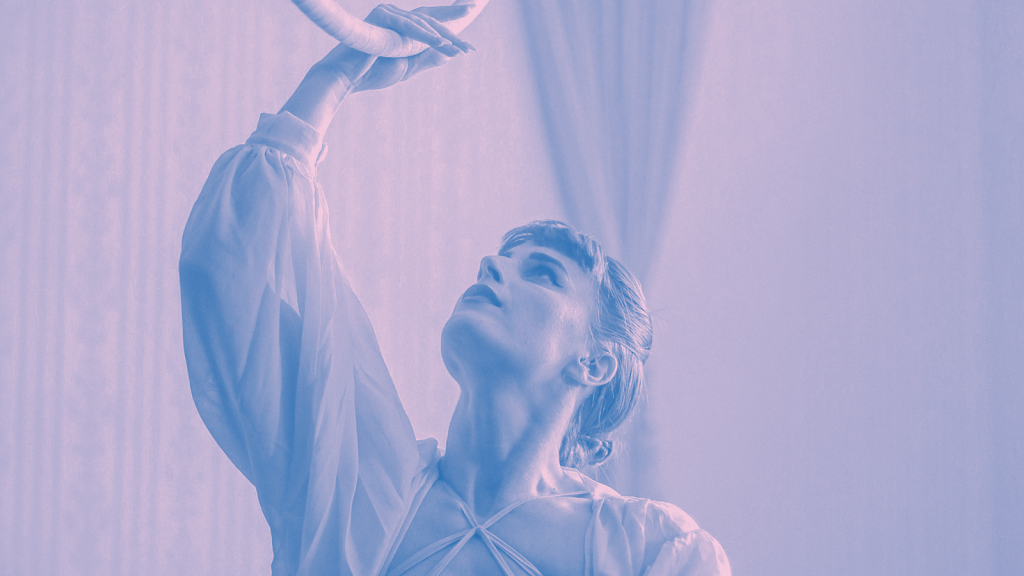
‘Pacific Mother’ // Sachito Fukumoto
‘Pacific Mother’ was thought-provoking.
Warning: Watching Pacific Mother may cause you to want to travel to the Pacific ocean and have beautiful babies, perhaps right on the beach.
‘Pacific Mother’, by Japanese actress and freediver Sachito Fukumoto, is an awe-inspiring documentary that takes us on a compelling journey through the Pacific, sharing the birthing stories of women who are intimately connected to the ocean. From the serene waters of Japan to the lush landscapes of Hawaii, the documentary transports us to these picturesque settings and into the lives of these women who call these tropical paradises home and seek more traditional ways of giving birth.
It is worth noting that despite the label of “independent film,” which can sometimes evoke notions of lower production quality or creative compromises, every facet of ‘Pacific Mother’ is, in fact, top-notch. Directed by Katherine McRae and produced by Migiwa Ozawa, the documentary showcases a level of craftsmanship, and artistry that would be impressive in any film, regardless of budget or backing.
The cinematography in ‘Pacific Mother’ is impressive. Every frame, including dream-like underwater shots, is carefully crafted to reveal the natural beauty of the Pacific Ocean and the vibrant cultures it touches. The visuals in this documentary are not just a backdrop but an integral part of the storytelling, strategically immersing viewers in the seemingly idyllic lives of these women who strive to live a life that celebrates their natural instincts.
An enchanting companion to the visuals, the soundtrack, including the theme song, “Mai Anamua”, composed by Olivia Foa’i (from the celebrated band Te Vaka and who has worked on Disney’s “Moana” soundtrack), adds a layer of emotional depth to the film and resonates with the themes of heritage, tradition, and the bond between these women and their Pacific roots.
All in all, ‘Pacific Mother’ undeniably excels in capturing the miracle of life and parenthood while fostering a deep connection with nature. The documentary’s stunning visuals and portrayal of the Pacific Ocean as a nurturing force, coupled with the women’s harmonious lives within it, is nothing short of poetic. As a mum of two, I found myself tearing up with joyful emotion on a few occasions during various scenes of babies entering this beautiful world.
But far from just a pretty picture, the film clearly aims to ignite a call to action for parents to “fight for what feels right” and embrace a more holistic approach to maternity care and childbirth.
Opinions will vary but for me, the film’s portrayal of diverse alternative birthing experiences occasionally seems to gloss over the very real risks involved in non-traditional childbirth.
I also wonder whether some more radically-inclined viewers might walk away from watching ‘Pacific Mother’ reinforced, on some level, in the idea that modern medical care is an oppressive effect of colonialism that threatens to destroy traditional birthing practices. By not fully exploring the complications or challenges that some mothers have faced, I thought the documentary may inadvertently create an idealised and somewhat misleading image of these practices, potentially leaving some viewers with a less informed perspective on the complexities and potential risks involved.
To be fair, the documentary does acknowledge the importance of balancing cultural and personal preferences with the well-being of both mothers and infants, and some of the documentary’s subjects in fact decide to give birth in a hospital. But I couldn’t help but think the underlying messages of the film remain that 1) « natural » is best, and 2) a mother’s wishes and instincts, or whatever « feels right » trumps pretty much everything else. For me personally, a more balanced portrayal could have highlighted the value of a harmonious integration of modern medicine with cultural traditions.
Another slight criticism I would give is the potential lack of relatability of the people featured in the documentary. The documentary’s emphasis on the picturesque settings and seemingly carefree lifestyles of its subjects (seen frolicking in the ocean with dolphins), coupled with the stunning cinematography, gives the impression that these individuals enjoy a level of privilege that is far from the reality of most expectant parents and left me wondering how many viewers might actually relate to this.
On the whole, would I recommend watching ‘Pacific Mother’? Yes, for the stunning cinematography and music, and for the thought-provoking arguments, perhaps more specifically to nature enthusiastic expectant parents and those interested in alternative childbirth and maternal health.
Disclaimer: Reviewing a documentary on a sensitive subject like alternative birthing choices is a delicate endeavour. ‘Pacific Mother’ tackles a complex topic that is often intertwined with deeply held personal views and beliefs, including my own as a reviewer. I tried to approach this review with an open mind, and to focus on the documentary’s storytelling and cinematography in order to provide a fair evaluation of the film’s merits while avoiding being drawn into divisive arguments.
‘Pacific Mother’ is showing in select Australian cinemas from September 19, 2023. For more information visit the film’s website.






